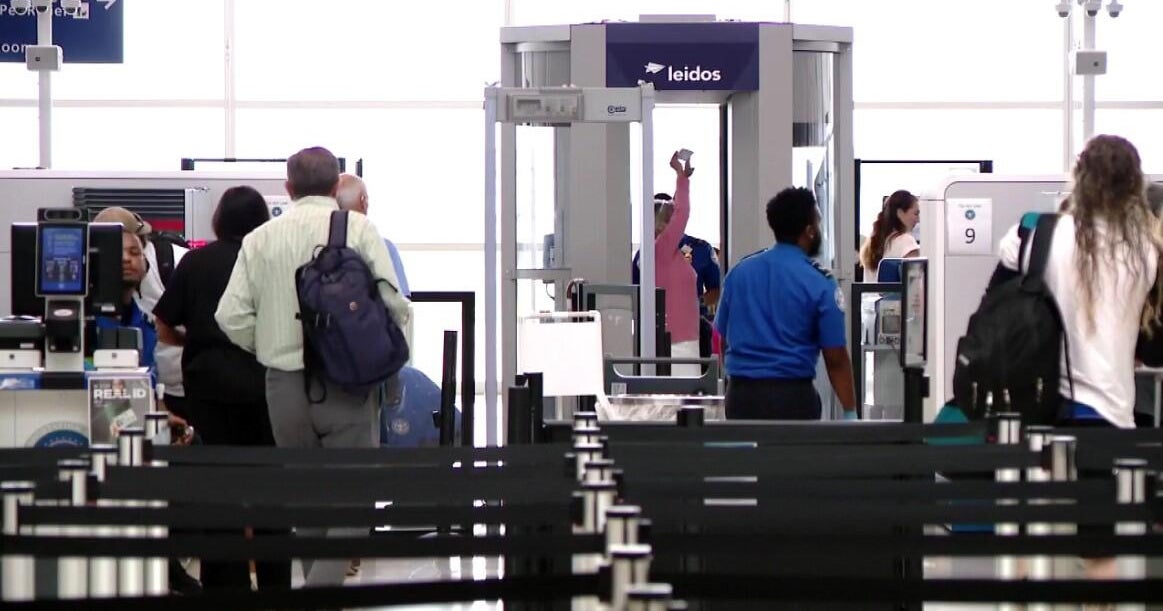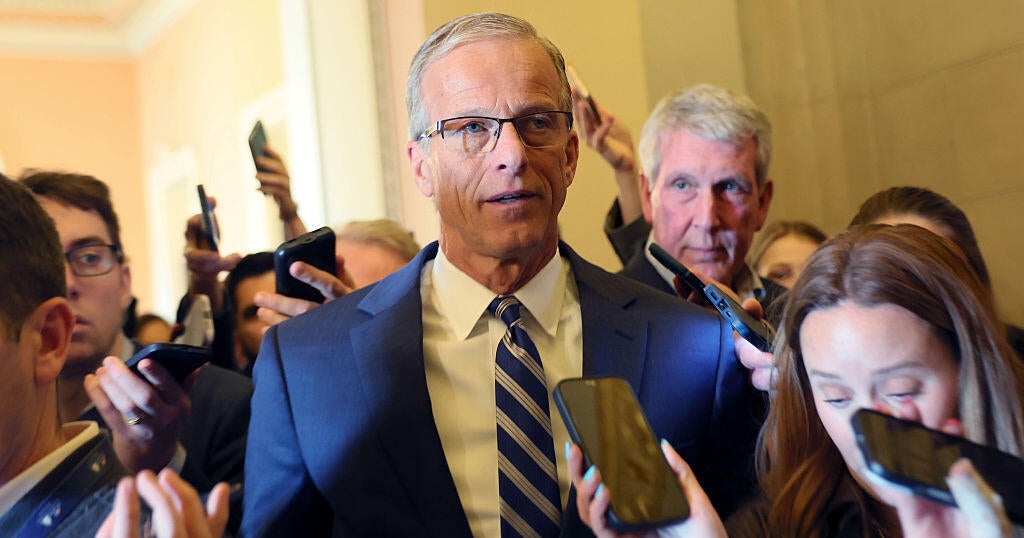GOP senators introduce bill to permanently end government shutdowns
Several Republican senators introduced legislation Friday to permanently end government shutdowns by creating an automatic continuing resolution for any appropriations bill, allowing the federal government to remain open even when budget agreements break down.
Currently, when Congress fails to meet a deadline to pass a government funding bill, the agencies which remain unfunded shut down. Often, Congress chooses to pass what's called a continuing resolution (CR) to delay and extend the deadline to pass funding bills, which keeps funding operations at their current levels. The "End Government Shutdowns Act" would automatically create a continuing resolution for any appropriations bill not passed by Oct. 1, the deadline to pass a bill funding the government for the next fiscal year. In theory, this would allow members of Congress to continue to negotiate over appropriations while keeping the government open.
CR funding would be reduced by 1 percent after 120 days, and would be reduced by another 1 percent every 90 days "until Congress does its job and completes the annual appropriations process," according to the release announcing the bill.
The bill was introduced by a group of Republicans representing the ideological spectrum in the caucus, such as hardline conservative Sen. Steve Daines of Montana, Utah libertarian Sen. Mike Lee, and moderate Alaska Sen. Lisa Murkowski. The bill is sponsored by Ohio Sen. Rob Portman, who has introduced the legislation every year since he was elected to the Senate in 2010. Influential Sen. Chuck Grassley, the Financial Committee chairman, has also signed on.
"This legislation will accomplish that goal, providing lawmakers with more time to reach a responsible resolution to budget negotiations, giving federal workers and their families more stability, and ensuring we avoid disruptions that ultimately hurt our economy, taxpayers and working families," Portman said in a statement.
The current government shutdown will be the longest in history beginning on Saturday. It has resulted in 800,000 government workers furloughed or working without pay, and it is affecting airline travel, federal investigations, and food inspections, among other things.



